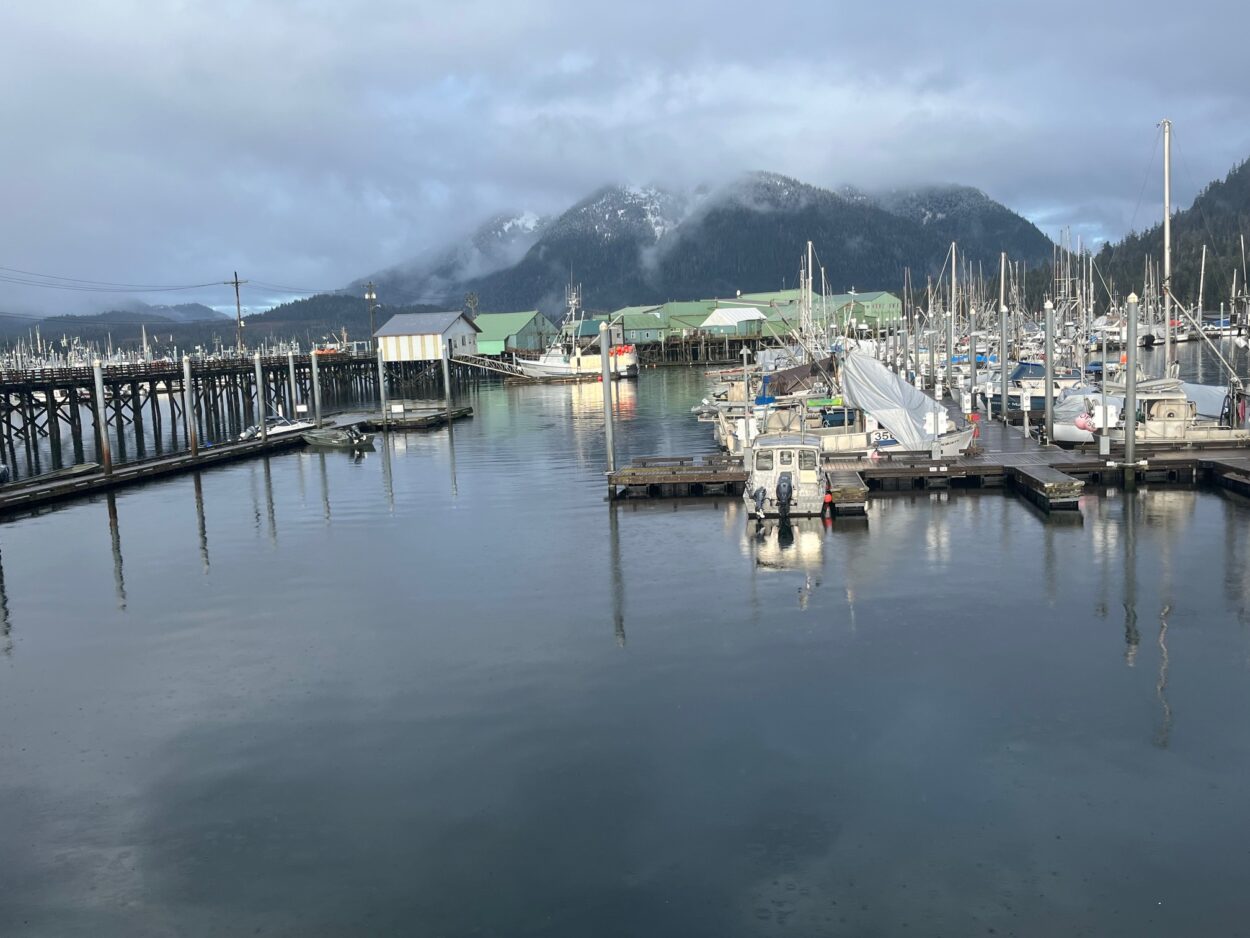
An organization that supports Alaskan small boat fishermen will be getting more than half a million dollars to help them deal with the challenges of climate change, and decrease the fishing industry’s carbon footprint. The money is an appropriations award from U.S. Senator Lisa Murkowski.
The funding is going to Alaska Longline Fishermen’s Association, or ALFA. But the group isn’t just made up of longliners. Members include all kinds of commercial fishermen.
Linda Behnken is executive director. She says that instead of using the money to upgrade processing plants and boats, they plan to use the money to identify ways they can support the fishing industry. That includes creating a training program to help processors and fishermen understand how to make changes themselves. That might mean seafood processing plants add solar panels to their roofs, or fishermen convert their engines to hybrid diesel-electric.
She said part of the money will be spent coordinating with other maritime industries. She said that when the fishing industry moves away from fuel, it needs to align with other maritime infrastructure to move toward the same solutions.
“To make sure that the next generation fuels that we identify work for them, but also work for our small boat, commercial fishermen who operate out of remote ports…..There’s that economy of scale and the accessibility of being able to refuel a lot of different places, since our fleet is so mobile and at times nomadic,” she said. “And so it’s really important to have that coordination between sectors.”
She said much of the work will happen in a few specific Southeast communities, which will serve as test cases. Those projects will be documented and analyzed so any successes can be duplicated across the state.
“We will definitely be documenting what we’re doing and drawing up plans that we can share with people – if we moved to this technology, or implemented this decarbonization initiative, what was the savings? What was the cost? What worked well? We look to document that well for the lessons learned, and to share that broadly,” she said.
And she said that while she knows the half a million dollars will go quickly, part of the award will be used to pay someone to look for more sources of funding for the project. That person will also work toward changing policy on the state and national level. Behnken said that’s important because a lot of climate action and policy is made without fishermen input.
“I just think fishermen need to have a seat at the table,” she said. “They’re great problem solvers. They’re big picture thinkers, and this is a way for us to be leading in that realm and really have that, have that control over our own destiny.”
Last year the organization received $700,000 from the Department of Energy’s Vehicle Technology Office to convert two commercial fishing boats to hybrid diesel-electric engines and one mariculture boat to a full electric motor. That project is ongoing, with at least one boat conversion planned for this fall.










